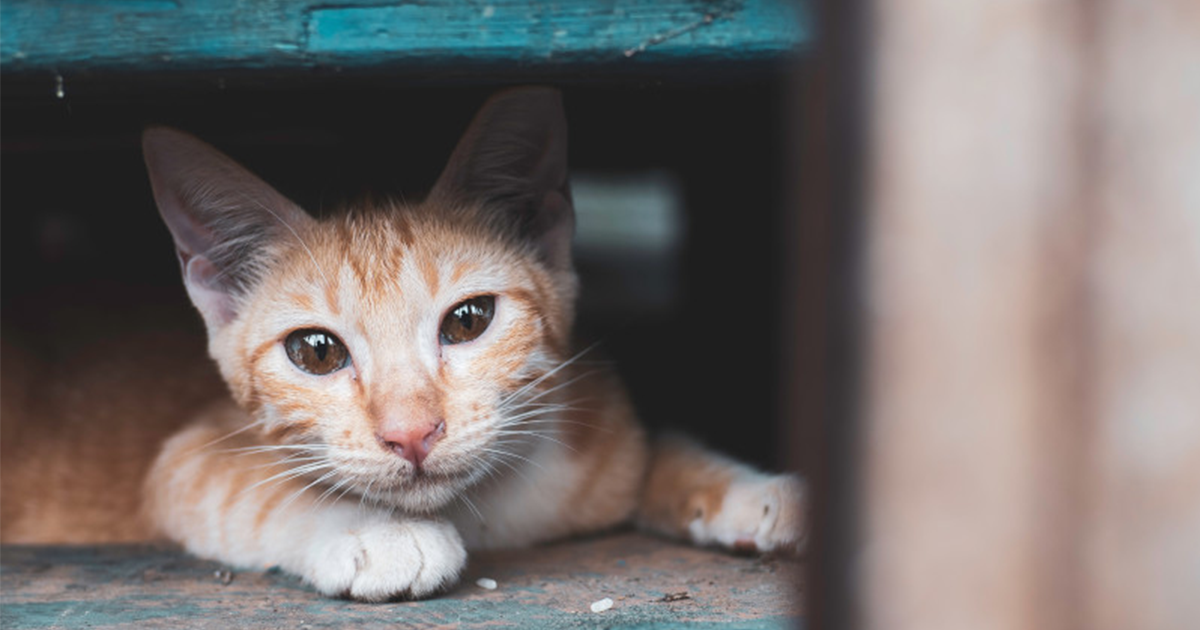Adopt, Don’t Shop: 5 Reasons Adoption Saves Lives and Strengthens Communities
Each year, roughly 6.5 million companion animals enter shelters in the United States. With resources stretched thin and intake rising, many shelters face impossible decisions, resulting in the euthanasia of approximately 1.5 million animals annually. The shelter crisis is growing. But there is a proven way to help: adopt, don’t shop.
At Greater Good Charities, we partner with over 10,000 shelters and rescues to reduce overcrowding and support lifesaving adoptions. Choosing adoption is more than a compassionate act—it’s a meaningful step toward solving systemic animal welfare challenges. Here's why adopting a pet is the best choice for you, your community, and the animal you're welcoming home.
1) Adopt, Don’t Shop—Because Adoption Saves Lives
Adopting a shelter pet doesn’t just save one life—it creates room for others in urgent need. In overcrowded shelters, available space can mean the difference between survival and euthanasia. Adoption is a direct way to reduce shelter populations and support more positive outcomes across the system.
When you adopt, not shop, you become part of a wider solution that protects animals and empowers shelter staff to focus on rehabilitation, medical care, and matchmaking.

2) Adoption Helps Shut Down Puppy Mills
Many animals sold online or in pet stores come from puppy mills—commercial breeding operations where animals are often housed in poor conditions, with limited access to medical care, exercise, or socialization. Mothers are bred repeatedly, and puppies are sold with little regard for their welfare.
By choosing to adopt, not shop, you’re refusing to support unethical breeding practices and taking a stand for humane treatment of animals. Adoption breaks the supply chain that fuels this industry.

3) Adoption Is More Affordable—and more transparent
Purchasing a pet can cost $500 to $2,000 or more, often excluding basic care like vaccinations or spay/neuter surgery. Adoption fees, typically under $200, often include those essentials: sterilization, vaccines, microchipping, and even a wellness check.
When you adopt, you're not only making a financially sound choice—you’re getting a pet whose medical history and temperament have been assessed by professionals.

4) Shelter Pets are Often Trained and Ready for Home Life
Many animals in shelters were once family pets. They’re there due to human circumstances—housing insecurity, financial hardship, or family changes—not because they failed as companions.
As a result, many shelter pets are already house-trained, socialized, and accustomed to living with people. When you adopt, not shop, you may be surprised by how seamlessly your new companion fits into your home. Check out our Youtube channel for training resources.

4) Adoption Comes with a Built-In Support Network
When you buy from a breeder or pet store, the transaction usually ends after payment. But shelters and rescue groups care deeply about long-term success—for both pets and adopters. They take time to understand the animal’s personality, needs, and preferences, offering guidance before and after adoption.
Choosing to adopt, don’t shop gives you access to expert support, helpful resources, and ongoing assistance from people who know and care about your new pet.

Adopt, Don't Shop: A Simle Act with Lasting Impact
Choosing to adopt, not shop helps animals, shelters, and communities. At Greater Good Charities, we’re committed to solving the root causes of pet overpopulation through transport, spay/neuter, shelter renovation, and disaster response programs. But adoption is where many of these efforts come full circle.
Whether you're ready to bring a pet home or want to support shelters doing this lifesaving work, your actions matter.
Adopt a pet. Change a life. Support a system built on care—not commerce.


